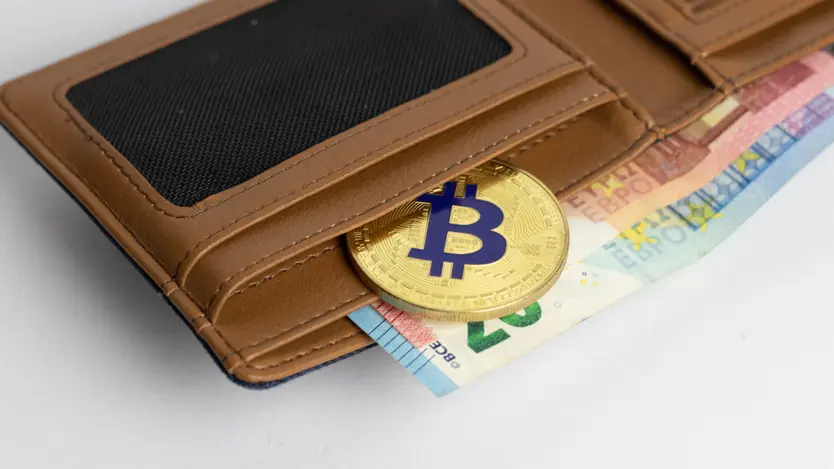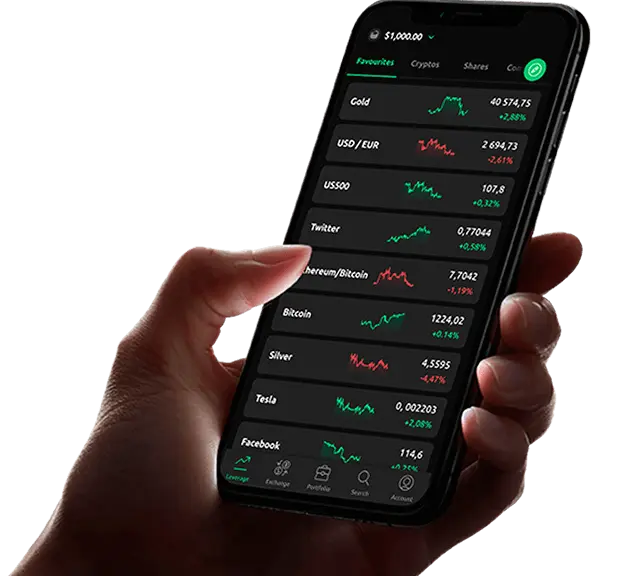A tool used for storing, sending and receiving cryptocurrencies

Contents
What is a crypto wallet?
A crypto wallet can be used to store, send and receive digital currencies. Whereas old-fashioned wallets hold banknotes or credit cards, these wallets are used to store public and private keys. Public keys identify your account on a network, while private keys prove that you are the rightful recipient of a payment.
Types of crypto wallet
Cryptocurrencies can be stored in several ways. The options include:
· Software: Some crypto wallets can be downloaded on to PCs and Macs. In some cases, users will only be able to access their wallet from that single machine. Although this does make the funds inside more secure, this could cause problems if a machine malfunctions or gets a virus;
· Online: Alternatively, it is possible to use crypto wallets run by third parties, which can be accessed from any device with an internet connection. Although this rates highly in terms of convenience and makes it more similar to an online bank account, it is important to find a trustworthy provider. Because these companies will store private keys, it is theoretically possible that they could steal funds. Such platforms are also a frequent target for hackers;
· Apps: Many companies have also made their crypto wallets available for smartphones. This can be particularly useful if you want to make payments while you’re on the move;
· Hardware: For those who are distrustful of online wallets, it is possible to store private keys on USB sticks or in specialised hardware crypto wallets. As they are only connected to the internet when transactions are being made, this reduces the risk of funds being targeted by malicious actors;
· Paper: Another form of cold storage (when crypto is held offline) involves writing down or printing out private keys on old-fashioned paper. It is important to make sure these records are kept safe, otherwise crypto can be lost forever. Additionally, if the public and private keys are being written by hand, it is vital to double-check and triple-check that they have been copied correctly.
Keeping crypto wallets secure
There are precautions that crypto users should take to keep their funds safe. After all, you wouldn’t give your banking PIN to a stranger on the street.
For those using desktop, cloud-based or mobile wallets, it’s often better to only hold a small amount of crypto – enough to cover short-term transactions – and keep the rest in cold storage.
This should be coupled with awareness about security. Using two-factor authentication, where a user’s identity is verified in two different ways during the login process, can help protect an account. Equally, it’s important to remain vigilant for fraudulent emails that appear to be from a legitimate crypto wallet provider. Known as phishing attacks, these malicious messages are deployed to extract usernames and passwords from unsuspecting users. Keeping software up to date can also shield users against security vulnerabilities.



